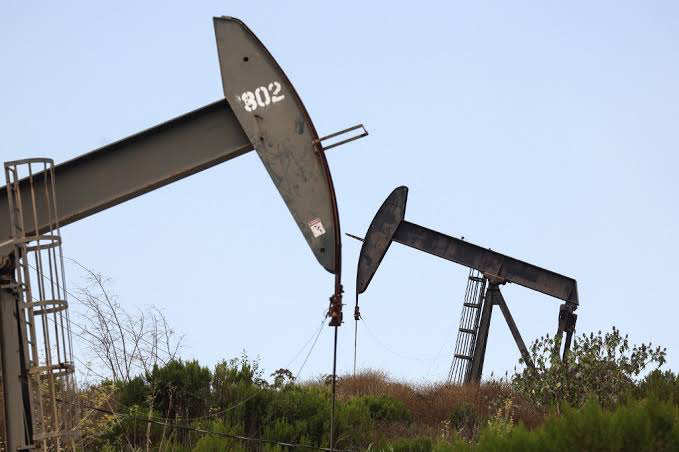The International Energy Agency (IEA) has revised its global oil demand growth forecast for 2024, but it still falls short of OPEC’s expectations.
The IEA, which advises industrialized countries on energy policy, said on Thursday that it expects oil consumption to increase by 1.24 million barrels per day (bpd) in 2024, up from its previous projection of 1.06 million bpd.
This is the third consecutive upward revision by the IEA in as many months, reflecting improved economic outlooks and lower oil prices in the fourth quarter of 2023.
However, the IEA’s forecast remains lower than the 2.25 million bpd growth projected by the Organization of the Petroleum Exporting Countries (OPEC) in its latest monthly report.
The IEA and OPEC have often clashed over their views on future oil demand, as they have different assumptions and methodologies. The IEA expects oil demand to peak by 2030 as the world shifts to cleaner fuels, while OPEC sees demand rising until at least 2040.
Market Balance and Supply Risks
The IEA said that the slower pace of demand growth in 2024 compared to 2023 is due to the completion of the post-pandemic recovery, lackluster economic growth in major economies, energy efficiency improvements and a booming electric vehicle fleet.
At the same time, the IEA expects world oil supply to rise by 1.5 million bpd to a new high of 103.5 million bpd in 2024, driven by record-setting output from the United States, Brazil, Guyana and Canada.
“Barring significant disruptions to oil flows, the market looks reasonably well supplied in 2024, with higher-than-expected non-OPEC+ production increases set to outpace oil demand growth by a healthy margin,” the report said.
The IEA also warned of the rising geopolitical tensions in the Middle East, which accounts for a third of the world’s seaborne oil trade. Attacks by Iran-allied Houthi militia on ships in the Red Sea since November have slowed trade between Asia and Europe and alarmed major powers.
This could disrupt the flow of oil via key trade chokepoints, such as the Suez Canal and the Strait of Hormuz, which together handle about 20% of global oil shipments.
OPEC+ Strategy and Outlook
The IEA’s report comes as OPEC and its allies, known as OPEC+, have implemented a series of output cuts since late 2022 to support the market amid the COVID-19 crisis. A new cut for the first quarter of 2024 took effect this month.
While these cuts may tip the market into a small deficit at the start of the year, the IEA said the strong non-OPEC growth could lead to a “substantial surplus” if the extra round of voluntary cuts is unwound in the second quarter.
OPEC+ is scheduled to meet on March 4 to review its production policy and decide whether to adjust its output levels. The group has said it will remain flexible and responsive to market conditions.
The IEA said that OPEC+ faces a “delicate balancing act” between supporting prices and maintaining market share in the face of rising competition from other producers.
They also noted that OPEC’s long-term outlook is more optimistic than its own, as the group expects oil demand to grow by 25% from 2023 to 2045, reaching 120 million bpd. The IEA, on the other hand, sees demand peaking at 106 million bpd in 2030 and declining to 104 million bpd by 2040.
They said that the diverging views reflect different assumptions about the pace and scale of the energy transition, as well as the impact of climate policies and technological innovations.
The IEA said that it will publish a new comprehensive roadmap in May, outlining the steps needed to achieve net-zero emissions by 2050.
The IEA also said that it will continue to monitor and analyze the global oil market and provide timely and reliable data and insights to its members and partners.
Source: Reuters



